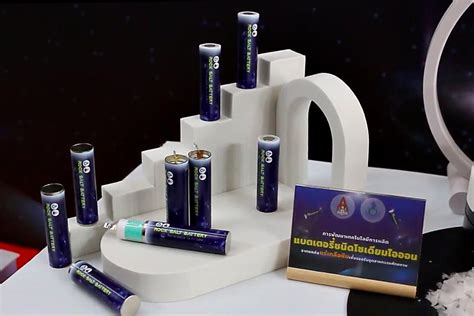Imagine a world where tuberculosis, one of the deadliest diseases, could be effectively fought with a revolutionary vaccine. Well, that vision is becoming a reality thanks to groundbreaking research led by JoAnne Flynn, Ph.D., and her team at the University of Pittsburgh.
The quest for an improved vaccine against tuberculosis has been long and arduous. The existing Bacillus Calmette-Guérin (BCG) vaccine, while helpful, falls short in providing comprehensive protection across all age groups. However, Flynn’s innovative approach offers new hope in the battle against this relentless disease.
“Although the idea of intravenous vaccination with a live vaccine may sound scary, it was very effective in our previous studies in non-human primates.”
The key breakthrough lies in a self-destructing vaccine – yes, you read that right! This unique formulation eliminates concerns about potential infections from live mycobacteria. By engineering mechanisms within the vaccine particles to self-destruct under specific conditions, such as exposure to antibiotics or cessation of treatment, researchers have created a safe yet potent solution.
“To our surprise, it was equal or slightly better than the regular TB vaccine in protecting monkeys against infection, providing sterilizing immunity in almost all animals,”
In animal trials involving macaque monkeys and mice, the results were nothing short of astounding. Not only did the updated BCG vaccine trigger robust immune responses but it also demonstrated superior protection compared to conventional methods. Monkeys receiving this advanced vaccine showed minimal lung inflammation post-infection with Mycobacterium tuberculosis – a stark contrast to those administered standard vaccines.
Flynn’s collaboration with experts at Cornell University has paved the way for potentially game-changing advancements in tuberculosis vaccination strategies. The prospect of administering vaccines intravenously opens up new possibilities for enhanced efficacy and safety profiles – particularly beneficial for individuals with compromised immune systems.
“We hope that this ‘kill switch’ BCG strain could limit safety concerns over intravenous vaccine administration and provide an option for a safer and more effective vaccination route for individuals who are immunocompromised,”
As with any medical breakthrough, there are hurdles to overcome before widespread implementation becomes feasible. Clinical trials will be essential to validate the efficacy and safety of this novel approach in human subjects. Nevertheless, the optimism among researchers is palpable as they envision a future where tuberculosis can be tackled more decisively than ever before.
The implications of Flynn’s work extend far beyond just tuberculosis prevention; they underscore the power of innovation and collaboration in transforming healthcare paradigms. With every discovery comes renewed hope for a healthier tomorrow – one where diseases like TB no longer cast dark shadows over humanity’s well-being.
So as we look towards a future shaped by ingenuity and perseverance, remember that sometimes even tiny particles holding immense scientific potential can pave the way for monumental shifts in public health outcomes.











Leave feedback about this